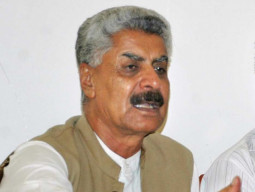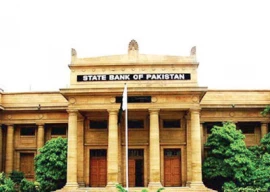
The request from Afghanistan came during the recently held tripartite meeting in Kabul, also involving the office of the UN High Commissioner for Refugees. Pakistan conveyed that the request would be shared with the government departments concerned and the federal cabinet would deliberate upon it. If Pakistan does extend the stay of registered Afghan refugees for another two years, it could prove to be catastrophic. The economic cost of the continued stay of these refugees has been extremely high, particularly for Khyber-Pakhtunkhwa (K-P), where most of these refugees live. Even more than the economic fallout, however, the adverse security implications of the presence of such a huge number of refugees in Pakistan is incalculable.
A day after the request was made, a news item appeared in the Pakistani media revealing that security agencies had nabbed 52 people involved in financing terrorists in Pakistan — all Afghans. Most of them illicitly obtained CNICs with the connivance of NADRA officials. Possession of Pakistani CNICs made it extremely difficult for Pakistani agencies to track them down. The 52 Afghans who were nabbed are said to have been involved in funneling colossal amounts of money to terrorist outfits through undocumented and unofficial hundi and hawala methods of money transactions. This is merely one instance of the profound negative security implications of hosting millions of Afghan refugees.
However, despite this, Pakistan’s policy over this issue has been ambiguous. It was in July 2013 that Pakistan had extended, for the umpteenth time, the cut-off date for the return of all Afghans legally living in the country till the end of 2015. The extension approved in 2013 for 1.6 million registered Afghan refugees was difficult to understand. The then chief justice of the Peshawar High Court, Dost Muhammad Khan, now an honourable judge of the Supreme Court, remarked in November 2013 that a significant percentage of Afghan refugees were causing huge problems for K-P and were being used by the country’s enemies. The chief justice himself had observed that there were authentic security agencies’ reports on the matter, stating: “There are reports that Afghan refugees in Pakistan are being used by foreign agencies and are conspiring against the country, which has given them refuge for decades in their trying times.”
Pakistani authorities and strategists have been oblivious to the consequences of the extended and now, seemingly interminable stay of millions of Afghans in Pakistan. Residents of K-P and Balochistan, and to a lesser extent, those of Islamabad and Karachi, have suffered adverse consequences of this policy. Our strategists’ reasons for allowing this state of affairs to continue is well-known, but the strategy has boomeranged. The anti-Pakistan elements within the Afghan intelligence and security establishment have been using their nationals in Pakistan as tools for what I would term establishing ‘tactical depth’. At a time when Afghan President Ashraf Ghani is accusing Pakistan of waging an ‘undeclared war’ in Afghanistan, can we afford to extend the stay of Afghan refugees on our soil?
Published in The Express Tribune, August 31st, 2015.
Like Opinion & Editorial on Facebook, follow @ETOpEd on Twitter to receive all updates on all our daily pieces.




























1714129906-0/Clint-Eastwood-(1)1714129906-0-270x192.webp)





COMMENTS (11)
Comments are moderated and generally will be posted if they are on-topic and not abusive.
For more information, please see our Comments FAQ